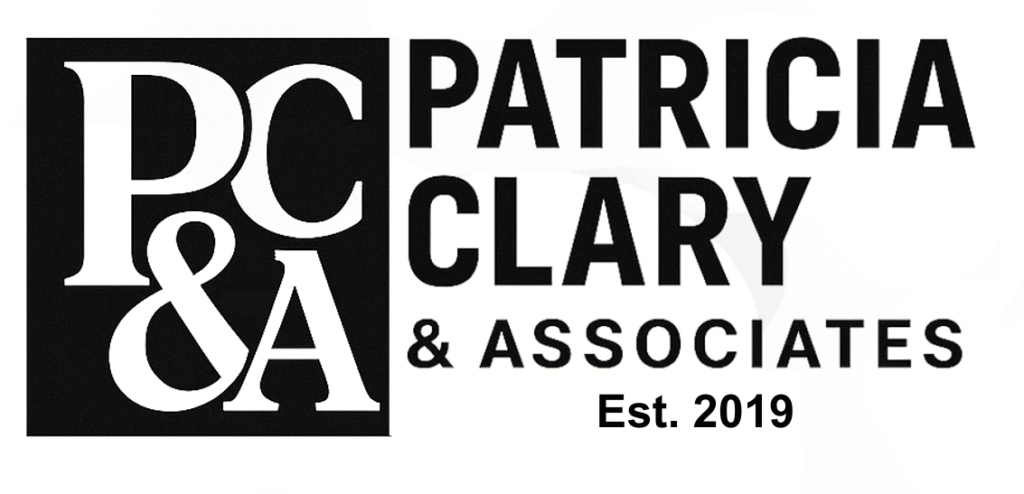LET’S PURSUE EXCELLENCE IN 2024
The quote by Aristotle, “Excellence is never an accident. It is always the result of high intention, sincere effort, and intelligent execution,” can be related to Maslow’s Hierarchy of Needs in the context of self-actualization. Maslow explained his theory was “an attempt to formulate a positive theory of motivation” (Maslow, 1943, p. 371). The theory states that human needs arranged themselves in hierarchies of prepotency, with the emergence of a need resting on the satisfaction of a prior need being fulfilled.
Maslow’s Hierarchy of Needs is a psychological theory that suggests individuals have a hierarchical set of needs, starting with basic physiological needs like food and shelter and progressing towards higher-level needs such as self-esteem and self-actualization.
Self-actualization is the highest level in Maslow’s hierarchy and represents the fulfillment of an individual’s full potential, achieving personal growth and self-fulfillment. It involves pursuing meaningful goals, expressing one’s creativity, and experiencing a deep sense of purpose and satisfaction in life.
Aristotle’s quote supports the concept of self-actualization, emphasizing that excellence is not accidental but rather the result of intentional and sincere effort. In pursuing self-actualization, individuals strive to reach their highest potential, consistently working towards personal improvement and executing their endeavors with intelligence and dedication.
By embodying excellence, individuals can satisfy their intrinsic need for self-actualization, aligning with Maslow’s notion of achieving personal growth, fulfillment, and realizing one’s true potential. Therefore, the quote by Aristotle resonates with the idea of self-actualization within Maslow’s Hierarchy of Needs, emphasizing the importance of intentional effort in the journey toward personal excellence.
Pursuing excellence in solving complex societal and global problems goes beyond personal fulfillment. It is driven by a desire to contribute to the well-being of communities, nations, and the world at large. By working towards solutions, individuals can address fundamental human needs, promote social justice, and create positive change on a large scale.
Moreover, pursuing excellence in problem-solving within the societal and global context often requires collaboration, collective efforts, and the integration of diverse perspectives. This aligns with Maslow’s social belonging and esteem needs, as individuals seek to connect with others, build relationships, and gain recognition for their contributions.
If you recall, excellence refers to the state or quality of being exceptionally good or outstanding in a particular field, endeavor, or aspect of life. It entails surpassing ordinary standards and consistently striving for the highest level of achievement. Excellence encompasses a combination of skill, expertise, dedication, continuous improvement, and a commitment to delivering exceptional results. It involves setting high standards, embracing a growth mindset, seeking innovation, demonstrating exceptional competence, and consistently surpassing expectations. Ultimately, excellence is a continuous pursuit of greatness and a relentless commitment to personal and collective advancement.
Achieving personal excellence requires a commitment to self-improvement and continuous growth. Here are some tips to help you on your journey toward personal excellence:
- Set clear goals: Define your short-term and long-term goals that align with your values and aspirations. Clear goals provide direction and motivation for your personal development.
- Develop a growth mindset: Embrace a mindset that believes in continuous learning and improvement. See challenges as opportunities for growth and maintain a positive attitude even in the face of setbacks.
- Prioritize self-care: Take care of your physical, mental, and emotional well-being. Get enough sleep, eat nutritious food, exercise regularly, and make time for activities that bring you joy and relaxation.
- Cultivate self-discipline: Practice self-discipline to stay focused and committed to your goals. Set routines, establish good habits, and manage your time effectively. Avoid distractions and stay consistent in your efforts.
- Seek knowledge and skills: Never stop learning. Read books, attend seminars or workshops, take online courses, and seek mentors who can help you expand your knowledge and skills. Stay curious and open-minded.
- Practice self-reflection: Regularly reflect on your thoughts, actions, and behaviors. Understand your strengths and weaknesses and identify areas for improvement. Take responsibility for your actions and learn from your experiences.
- Embrace resilience: Develop resilience to bounce back from failures and setbacks. View challenges as opportunities for growth and develop problem-solving skills. Maintain a positive outlook and persevere in the face of obstacles.
- Build meaningful relationships: Surround yourself with positive and supportive people who inspire and challenge you. Cultivate relationships based on trust, empathy, and mutual respect. Seek guidance and feedback from others to help you grow.
- Take calculated risks: Step out of your comfort zone and embrace new opportunities. Fear of failure can hinder personal growth, so be willing to take calculated risks and learn from successes and failures.
- Practice gratitude: Cultivate an attitude of gratitude and appreciation for the things you have, the people in your life, and the experiences you encounter. Gratitude helps foster a positive mindset and enhances overall well-being.
Remember, personal excellence is a lifelong journey, and it’s important to celebrate your progress along the way. Be patient, stay committed, and enjoy the process of becoming the best version of yourself because community matters.
In community,
Dr. Pat
Patricia A. Clary is a consultant who champions the advancement of strategic community impact agendas to address intricate societal challenges through collaborative efforts, convening leadership, and effective governance. To learn more how your organization can create a culture of excellence, contact Dr. Clary through:
– LinkedIn: https://www.linkedin.com/in/pat-clary/
– Facebook: PatriciaAClaryPhD
© 2024 All rights reserved.
